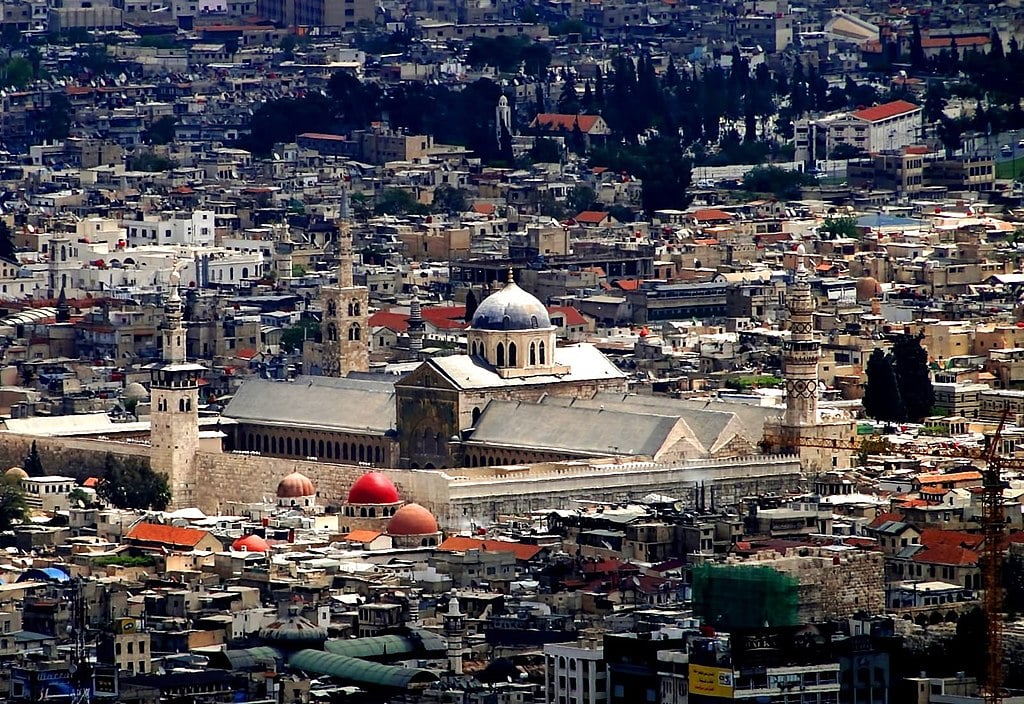Synagogues are safe, and ‘we are not afraid,’ Jewish resident says.
By Batya Jerenberg, World Israel News
One of the last remaining Jews in Syria told Israel’s Channel 11 Sunday that the new regime that swept into power a week ago has not harmed the country’s tiny community.
Although the major group in charge, Hayat Tahrir al-Sham (HTS), is a Sunni Muslim extremist element, the source said, “We are not afraid.”
He acknowledged that on the first day that the rebels took Damascus, there was anarchy; houses and cars were stolen, but nothing happened to the four estimated Jews left in the city or to their personal or communal property.
“No one entered the Jewish properties and synagogues,” he said.
“In recent days,” he added, “I was walking down the street, and one of the rebels said hello to me. Everything is routine. It may be better than it was.”
He also hastened to say that it hadn’t been bad for the Jews under the previous nationalistic regime, saying, “I was satisfied both during the Assad era and now; everything is fine.”
Heritage sites, including Jewish ones, were preserved under the Assad regime. Considering the tiny number of indigenous Jews, places such as synagogues could mainly be considered a tourist attraction.
The man also expressed cautious optimism that there may be a chance for the new government to move toward peace with Israel. This may not be realistic, however, considering the extremist Muslim orientation of most of the rebel forces whose leaders have talked in the past of conquering Jerusalem.
In the short term at least, Ahmed al-Sharaa, the HTS leader, said on Saturday, “The situation in Syria, exhausted by years of fighting, does not allow for entering into new conflicts,” and “the top priority is construction and stability,” rather than fights “that will lead to more destruction.”
In that context, the Jewish man noted that Israel’s fear of being threatened by the new Syrian government was unfounded and “does not justify the recent violations of Syrian sovereignty.”
The IDF preemptively moved into the abandoned demilitarized zone along the Golan Heights as a precautionary move to ensure the safety of the Israeli communities located there. This included the higher Syrian Hermon spur, which has a much more commanding view of the region than the Israeli Hermon.
The Israeli military also destroyed most of the Syrian air force, its entire navy, and its air defenses, carrying out hundreds of air attacks on missile sites, chemical weapons-manufacturing facilities, and other military sites in order to prevent the old regime’s most dangerous and long-range weapons from falling into the rebels’ hands.
The IDF encountered no resistance during any of its strikes.
HTS, a former ISIS fighter who has tried to moderate his jihadist group’s image by talking of protecting all Syrian citizens without discrimination, also insisted that Iran had moved its men out of the country as its ally, Assad, had fallen almost without a fight.
Israel has been striking Iranian military sites in Syria for years in an effort to prevent the Islamic Republic’s entrenchment right on its northern border.
HTS antipathy toward the Islamic Republic that propped up the Syrian regime for over a decade of civil war would seem to preclude its becoming a new client state of the mullahcracy, but it remains to be seen if it softens its own ideologically anti-Israel stance.


